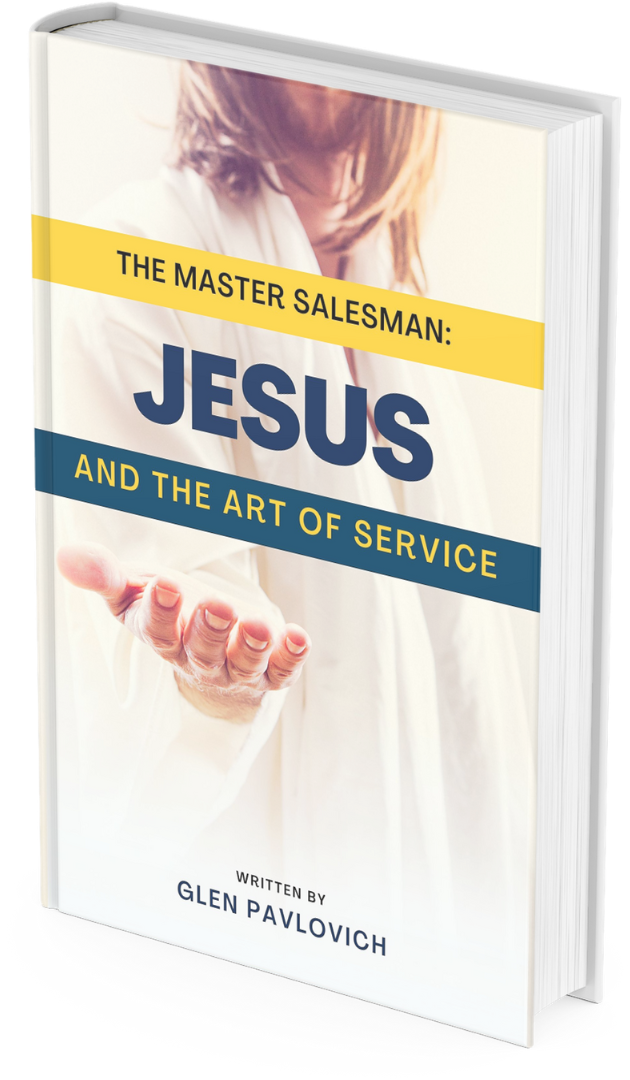From the vast landscapes of agrarian communities to the bustling city markets, the narratives that Jesus spun into parables still hold a lasting charm. These weren’t just tales spun on a whim, but well-thought-out stories, intricately woven and attuned to the cultural, social, and economic contexts of the listeners.
Consider the Parable of the Sower, for instance. It’s a narrative rooted in farming, an activity intimately familiar to Jesus’ audience. By using this metaphor, Jesus effectively demonstrated how different types of soil (or human hearts) respond diversely to the seed (the Word of God). To the people of the agrarian society, the message wasn’t just clear; it was profound.
The Parable of the Prodigal Son brings to light another crucial aspect of their society – the significance of family honor. A story about a wayward son squandering his inheritance only to find forgiveness upon his return was a heartfelt representation of God’s grace and mercy. It wasn’t just a story; it was a lesson.
Next, we look at the Parable of the Good Samaritan. It was a masterclass in breaking racial and cultural barriers. By placing a despised Samaritan as the hero, Jesus directly challenged the deeply ingrained prejudices of His time, imparting a valuable lesson on love and compassion.
The Parable of the Talents is about faithfulness and the essence of stewardship. Entrusting different amounts of money to his servants, the master in the story mirrored the economic practices of that time, pressing on the importance of utilizing God-given resources wisely.
The Parable of the Mustard Seed, with its focus on a tiny seed’s enormous potential, underscores the expansive growth of God’s Kingdom. A simple yet powerful concept, it resonated even with the most modest farmer of the time.
The common thread running through these parables? Jesus’ uncanny ability to craft narratives tailored to His audience’s unique backgrounds and needs, a skill that stemmed from His profound understanding of human nature. This strategy wasn’t just about telling stories; it was about ensuring maximum impact.
So, what can modern salespeople glean from these tales? The need for a deep contextual understanding and the mastery to frame messages that resonate with their audience. Sales isn’t just about products and figures; it’s about values, interests, and concerns. Just as Jesus connected with His audience on a deeply personal level using parables, sales professionals must tweak their presentations to reflect the individual nuances of their clients. By doing so, they turn a standard sales pitch into a heartfelt conversation, creating a bond with the heart of the customer.
This adaptability, exhibited by Jesus, remains a timeless model for sales professionals. By integrating His principles of empathy, customization, and potent communication with the stages of the IDEAS Sales System, salespeople can craft presentations that are more than just tailored – they’re transformative. It’s about meeting people where they are, offering exactly what they need, and making a genuine difference.
The very essence of sales aligns beautifully with the principles Jesus demonstrated in His parables. It’s more than a transaction. It’s about creating meaningful, lasting connections. As you delve deeper into The Master Salesman: Jesus and the Art of Service, this sentiment becomes even clearer, offering valuable insights and techniques to elevate your sales approach.
If you’re seeking to hone your skills further, consider the one-on-one training and coaching opportunities available at Closer Classes. Just as understanding is the foundation of impactful parables, personalized guidance can be the cornerstone of your sales success.
The customer is ready to buy. He needs you to help him believe.
Article Summary:
Drawing inspiration from Jesus’ parables, modern salespeople can understand the importance of contextual storytelling. By aligning their approach with the IDEAS Sales System and the Triad of Belief, sales professionals can craft resonating presentations, forging deeper connections with clients. As showcased in ‘The Master Salesman: Jesus and the Art of Service’, the key lies in personalization and genuine connection.













